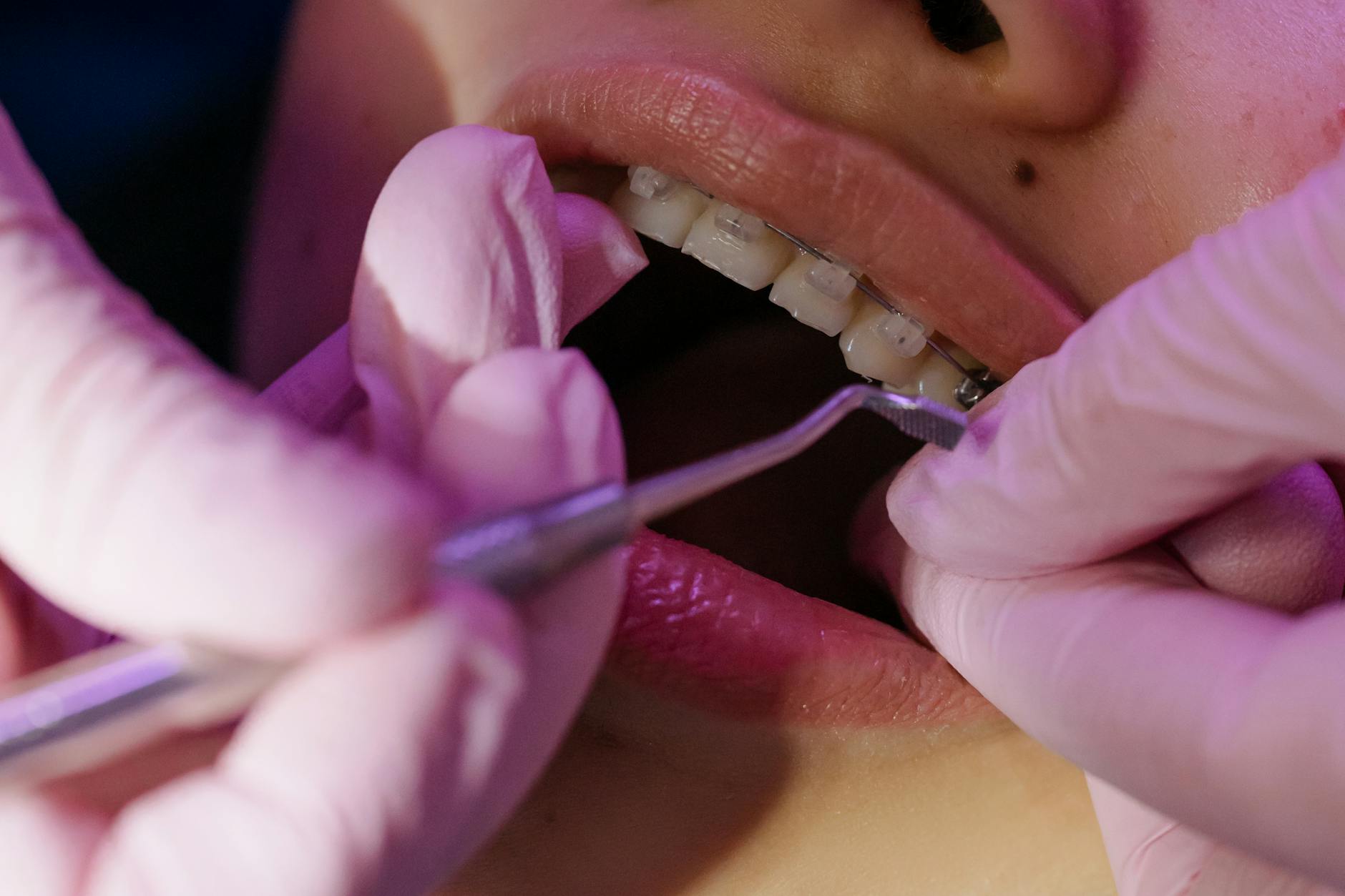
As a Prosthodontics specialist, I seen how chewing function disorders can significantly impact a person’s quality of life. Chewing is a vital function, yet many people take it for granted until problems arise. I find it fascinating how such a basic activity can become a complex issue requiring professional intervention.
Causes of Chewing Function Disorders
Chewing function disorders can arise from various causes, including tooth loss, misaligned teeth, temporomandibular joint (TMJ) disorders, and even certain medical conditions like arthritis. Poor dental hygiene and neglecting regular dental visits can exacerbate these issues. For instance, missing teeth can disrupt the balance and coordination of the jaw muscles, leading to difficulty in chewing. According to the Abu Dhabi Department of Health, maintaining good oral health is crucial in preventing such disorders.
Recognizing the Symptoms
The symptoms of chewing function disorders can vary widely. Common signs include pain while chewing, difficulty in breaking down food, jaw fatigue, and clicking or popping sounds in the jaw. Some patients also experience headaches or earaches. Bence, recognizing these early signs is crucial. If you experience any of these symptoms, it’s essential to seek professional help promptly. I have often seen how early intervention can prevent the condition from worsening.
Impact on Overall Health
Chewing function disorders can have far-reaching effects beyond just the mouth. They can lead to nutritional deficiencies because patients may avoid certain foods that are difficult to chew, such as fruits, vegetables, and meats. This avoidance can result in a less balanced diet, impacting overall health. Additionally, improper chewing can affect digestion, as food that is not adequately broken down can strain the digestive system. The Dubai Health Authority emphasizes the importance of addressing chewing disorders to maintain overall health.
Treatment Options
Treating chewing function disorders involves addressing the underlying cause. This could range from dental restorations like crowns, bridges, and dentures to orthodontic treatments for aligning teeth. For TMJ disorders, treatments might include physical therapy, medication, and in some cases, surgery. Prosthodontics plays a significant role in these treatments. Using advanced techniques and materials, we can restore functionality and improve the quality of life for our patients.

Preventive Measures
Prevention is always better than cure. Regular dental check-ups are essential for early detection and management of potential issues. Maintaining good oral hygiene, such as brushing and flossing regularly, can prevent many dental problems that lead to chewing function disorders. Bence, educating patients about the importance of these practices is a crucial part of my job.
Patient Education and Support
One of the most rewarding aspects of being a Prosthodontics specialist is educating and supporting my patients. Helping them understand their condition and the available treatment options empowers them to make informed decisions about their oral health. Providing emotional support is also vital, as dealing with chewing function disorders can be stressful. I always strive to create a supportive environment where patients feel comfortable discussing their concerns.
Innovative Solutions in Prosthodontics
The field of Prosthodontics is continually evolving, with new technologies and techniques emerging to improve patient outcomes. Digital dentistry, for example, allows for more precise diagnostics and treatment planning. Advanced materials used in dental restorations offer better durability and aesthetics. Staying updated with these innovations is crucial for providing the best care possible. This is why I continuously engage in professional development and training.
Enhancing Quality of Life
Ultimately, the goal of treating chewing function disorders is to enhance the patient’s quality of life. Restoring the ability to chew properly not only improves nutrition and digestion but also boosts confidence and social interaction. Many of my patients have shared how life-changing these treatments have been, allowing them to enjoy their favorite foods and activities without discomfort.
Advanced Restorative Treatments
In conclusion, chewing function disorders are more than just an inconvenience—they can significantly impact overall health and well-being. As a Prosthodontics specialist, I am committed to helping my patients overcome these challenges through personalized, compassionate care. Whether it’s through preventive education or advanced restorative treatments, my goal is to ensure that every patient can enjoy a healthy, functional smile.
